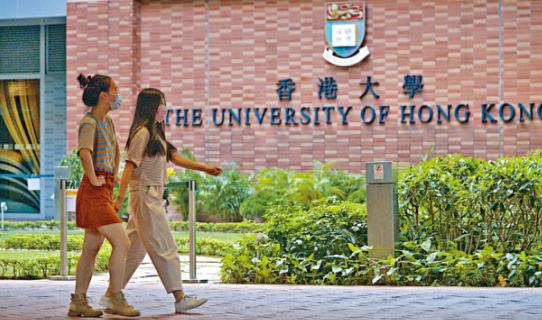Knowledge of how to address professionals in various languages facilitates communication, which is becoming increasingly important and diverse due to globalization. In a country with culture as Chinese it is important for the healthcare workers. This article unpacks the Chinese phrase for 'doctor', exploring different ways to say it as well as when in contexts one might do so.
Standard; 医生 (Yīshēng)
笔直点实义(interface): 例如,医生Mandarin中最常见的称呼方式为由 医 生 (yīshēng)ByteStraight forward practical type: so to speak not aside; doctor in Mandarin China commons is called as Doctor of Medicine[yi1 sheng1] This term is universal and can be used in nearly all general situations, whenever speaking about a hospital or clinic also when discussing any medical professional. The character 医 (yī) means 'medicine' or 'medical', and 生 (shēng) connotes the concept of life, which stands for what a doctor works on to recover.
How to pronounce: For most non-native speakers, you will find 医生 one of the easier words in Chinese as it pronounced ye sheng. This term is also for both male and female doctors (Gender Neutral).
Variants and Specializations
Different specializations have unique names in the diversified medical scenario of China. An example of this is a surgeon who would be called 外科医生 (Wàikē yīshēng) with the translation for 外科 (Wàikē = surgery, surgical). Like wise, dentist is called 牙医 (Yá yī), "牙" means 'tooth'.
Cultural assess the relevance: The use of these specific words does not only make it apparent what type of specialists practises medicine, but also corresponds in a Chinese medical practice which is highly structured and tiered; The precise title can also be useful for professional situations so you know exactly what kind of specialist to go seek advice from.

Other Chinese Dialect Term
The different dialects of Chinese have various terms for "doctor" although Mandarin is the official language of China. For example, in Cantonese (widely spoken in Hong Kong & Guangdong) the word they use for doctor is 醫生( Yīsāng ) As well as the at points slightly different pronunciation and characters compared to those from Mandarin, showing regional linguistic variation.
Regional Variations: This is especially crucial to understand for expats, and travelers passing through different areas of China who become ill.
For professional titles and academic contexts
Some medical doctor in academic or highly formal contexts might use hes/her academic title followed by specialization. For example, a Ph. D. in medicine Dr (about a holder of this degree as 博士 Bóshì, meaning 'Doctor' in an academic or scholarly sense). It is along the lines as use of 'Doctor' in English for a person holding highest degree related to field.
Appropriation and Formality: it shows respect when referring to individuals with their rightful academic title even in formal situations.
How Much to Study Medicine in China from an Economic perspective
Becoming a doctor in China is not an easy and cheap proposition. Many of us are in the business simply to make a few bucks by fleecing potential medical students who have endured years, and often thousands of dollars, for an education. A standard medical programme tuition would be about $30,000 to 50,000 US Dollars in the case of a known reputable university and does not include family support for living. Similarly, the amount a phd stipend worth can vary incredibly and it seems to affect whether or not people go back to medical school careersmino >>> Read more about PhD stipends.
In Conclusion
The word 'doctor' in Chinese, 医生 (Yīshēng) comes easily to the minds of every person across all regions China; what varies are how it is expressed and where such mannerisms convey suitable significance. Elena is traveling, living and working in ChinaFrom academics to practical functionAlmost two years ago now I remember my first class with Maggie.